Essays
The Teachings of Tour13
Caitlin Bruce
Tour Treize is a former HLM (Habitation à Loyer Modéré or rent controlled housing) building that has been turned into a 360-degree art space, covered floor to ceiling with graffiti and street art installations. Over a hundred artists from more than sixteen countries were invited to create site-specific works that transformed the housing development from living space to art space. A six month secret collaboration between Gallery Itinerrance director, Mehdi Ben Cheikh, the Mairie of the 13th, and the owner of the building ICF Habitat la Sabilière, the project explores, among other things, the relationship between ephemerality and urban space.
The nine-story building, one of many modernist style structures that went up during the second major phase of urban renewal in France in the 1960s and 1970s (following the 19th century urban renewal practices initiated by Baron … Read More »
Ukrainian Tales of Buenos Aires
Stanley Bill
In the late 1920s somebody shot and killed a Ukrainian railway worker named Mykhaylo Marusiak on a street in Buenos Aires. The date is unknown. The circumstances are unclear. The man who pulled the trigger was a fellow Ukrainian railway man from the same southern corner of what was then Poland. The incident probably took place somewhere in an immigrant quarter of the city, which in those days teemed with fresh European arrivals hoping to ride what would later prove to be the last wave of Argentine prosperity before the Great Depression and the subsequent decades of decline. Long before Ukraine came into existence as an independent state, Marusiak was one of thousands of ethnic Ukrainians from the poorest regions of interwar Poland to sail for Argentina in search of economic opportunity. A bullet in Buenos Aires … Read More »
Among the Dead
Ernesto Hernández Busto
translated by Heather Cleary
The future is always a lie. We have too much influence over it.
— Elias Canetti
I.
It all began in September of 1991, when a friend (let’s call him I.) showed up at my place with the news that we’d be able to leave the country a few days later. I vaguely recall that we celebrated (despite the superstition about doing so in advance) and then went for a deliberately nostalgic walk around the city. I realize now that I don’t have a clear memory of that last stroll, of where we were, exactly, as though all that premeditation had generated the opposite effect: an overly illuminated screen on which we could barely make out blurred figures and places.
In another country, our departure would not have been anything special. In … Read More »
Costa Rica: The Modern as Contemporary
Ben Merriman
Costa Rica’s Museum of Contemporary Art and Design (MADC) is located in a disused liquor distillery in the capital city of San José. The building still looks like a factory—unlike, say, the case of the Tate Modern, little has been done to convert the building from its original purpose. The museum is not air conditioned, and like the rest of San José it is warm and humid in all seasons. Wasps buzz in the rafters and tar sweats from the beams. On my visit, I walked in past an unstaffed front desk and looked at art unmonitored by guards or proximity sensors. MADC is a national museum that is neither isolated nor protected from the everyday life of its country. It is this contiguity, along with a vigorous engagement with the styles of the historical avant-gardes, that … Read More »
What You Tell Me, I Know
Melissa Phipps
When, at age twenty-five, my agoraphobia struck again, my favorite cousin Marie recommended that I see Dr. Schwartz. Dr. Schwartz was purportedly the Lourdes of psychiatry. He had cured artists, celebrities and billionaires. A famous writer had written his best book after a year with him. An actress had played her best role.
Dr. Schwartz’s office was on the basement floor of his oyster white townhouse on the Upper East Side. Iron bars covered the grimy window in the waiting room dooming it to perpetual twilight. In the corner, a dark screen concealed a wooden chair. Patients who didn’t wish to be seen could sit there. I assumed they were the richest or most famous of Dr. Schwartz’s practice and that it would be preposterous to hide there, yet I got embarrassed if I encountered a … Read More »
Instructions for Navigating in amongst The Dead, followed by a Requiem
Paola Cortés Rocca on Bruno Dubner’s Las Muertas (The Dead)
translated by Jennifer Croft
1. Images are wily: they don’t lay out facts, don’t make any cases. They’re indolent and superficial: they would have us believe that the world is what we see, and that it’s just fine as it is already. They reside as far away as possible from Comprehension, which begins where we resist appearances and first glances.
2. “When we are afraid, we shoot. But when we are nostalgic, we take pictures,” said Susan Sontag. Photographic discourse is elegiac and crepuscular: it not only cherishes the past, but also converts into past everything it touches. Salvaging it, damning it, protecting it, asphyxiating it. Photography is an overprotective mother, sweet and terrifying. A melancholy lady in eternal agony.
3. In the new regime of technology dominated by the digital, certain characteristics … Read More »
Omnia Caro Tenebrarum
Pola Oloixarac
translated by Maxine Swann
The living and the dead at his command,
Were coupled, face to face, and hand in hand
Virgil, The Aeneid, VIII 483-88
In rock caves like these, Cicero reports (Aristotle confirms) the obscure metaphysics of the Etruscan pirates. Their domination spanned the Tyrrhenian Sea up to the Cisalpine Gaul as far as Alalia and the Latium, before the coalition of Carthage; Herodotus mentions that “their ships brandished enormous golden spiders or gigantic octopuses.” They secured the ships to rocky formations of alum, remnants of the marine floor elevated to the surface that was man’s; then they descended with ropes into the caves turned tombs.
(These grottos have been known to attract human beings. They are not indifferent to the organic. It’s the voice of the tundra that coats beings with its excretions, without distinguishing … Read More »
On Repetition: Nietzsche, Art Basel, and the Venice Biennale
Mariano López Seoane
translated by Pola Oloixarac
In fairy tales, curiosity, one of the forces that sets the story in motion, is always punished. This ancestral warning has stopped few, even though punishment has rained down upon us from Eve’s appetite for apples to the present day. It was the desire to see things up close, to be where the action was, that drove me to visit the Venice Biennale and Art Basel in the space of two weeks. The punishment was not long in coming. Like a hero in disgrace, I was condemned to repetition: in both places, the same artists, the same names, the same questions and, what’s worse, the same experience.
There’s little to say, in critical terms, about Art Basel. It’s a fair: it aims to sell works and make names circulate, ignite careers, turn artists into … Read More »
The Turtle & the Fox
Debora Kuan
Take him for all in all, I shall not look upon his like again.
-Shakespeare, Hamlet
My first encounter with my colleague Ivan Fox’s house in Trenton was a small, late-summer dinner party. It was a balmy dusk. Another coworker, who lived a few blocks away from me in Princeton, picked me up at my apartment. As we drove, the ivy-swathed Gothic architecture and Tudor storefronts of our university town gradually gave way to stucco municipal buildings, one-room churches, chain-link fences, hand-painted signs, and rundown Victorian residences. On Ivan’s street, a group of black teenaged boys were standing in the road; they peered at us through the windshield, and then parted to let our car through.
The house stood at the corner of an intersection with a dead-end street, one side of it almost completely obscured … Read More »
The Red and the Black
María Gainza
translated by Jane Brodie
I’m scared. I’m sitting on a plastic chair waiting to see the doctor. It’s a cold spring morning and I’ve come here because my right eye has been twitching for several days. It throbs—intensely, insanely, especially the lower lid. I sometimes think it’s going to burst. I have ruled out the most obvious causes: it’s not fatigue because it sometimes starts up just five minutes after I wake up; it’s not strain because I haven’t read a thing for a week; it’s not alcohol or cigarettes or coffee because I’m a strict ascetic; I don’t believe in stress. I’ve considered possible illnesses. I went online and found forums for people with a twitch in their eye. One group even invited me to one of the meetings they have on Monday nights in … Read More »
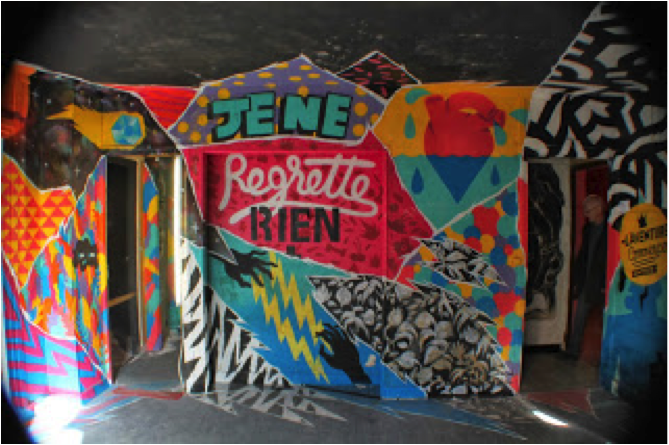
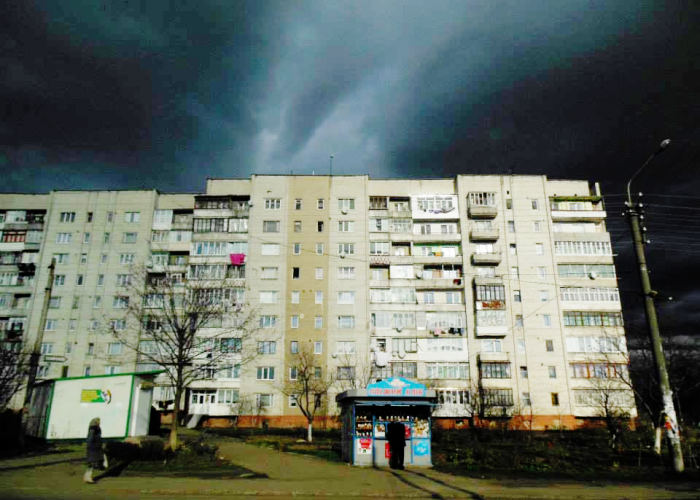
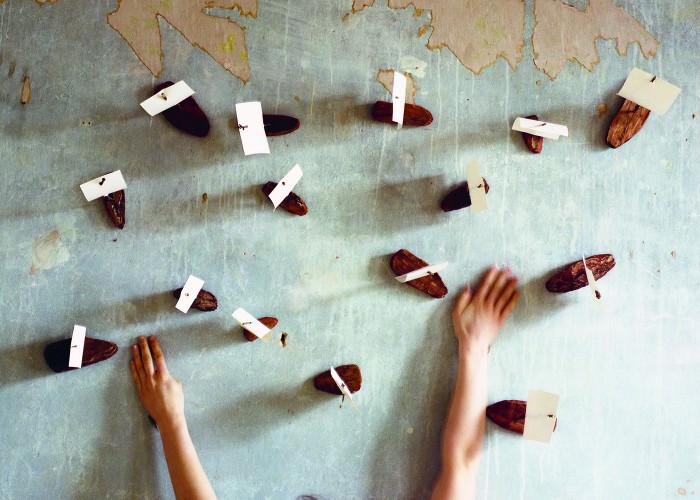
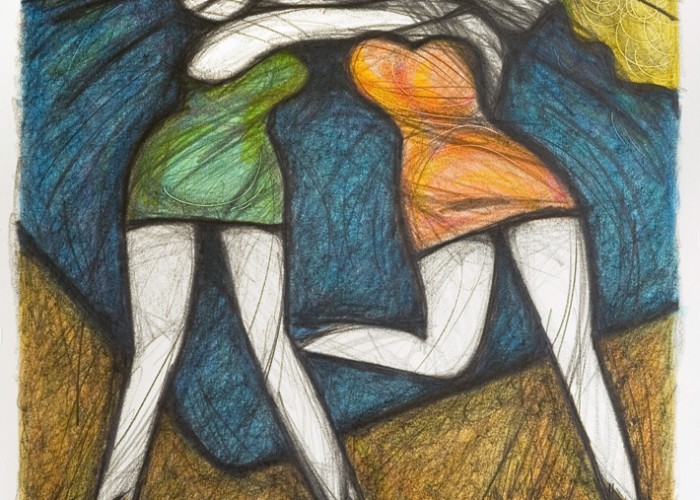
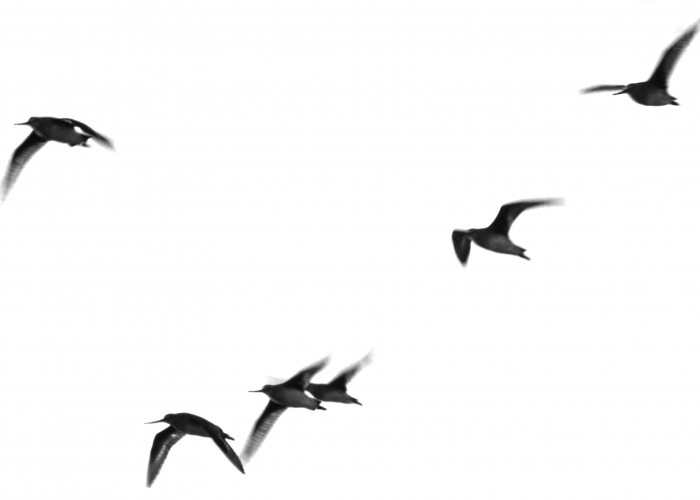
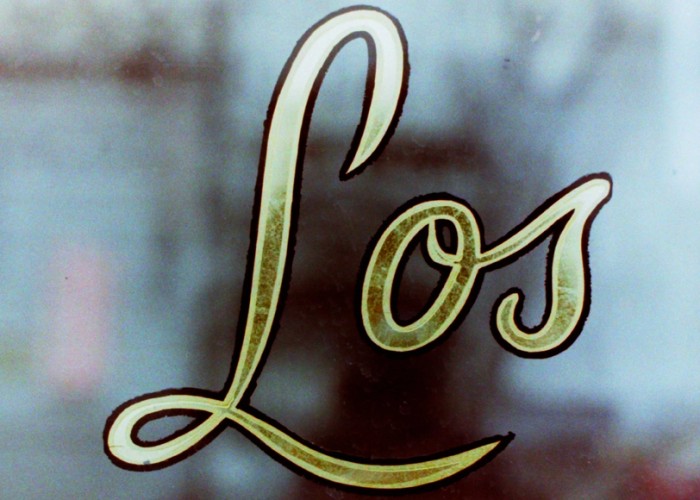

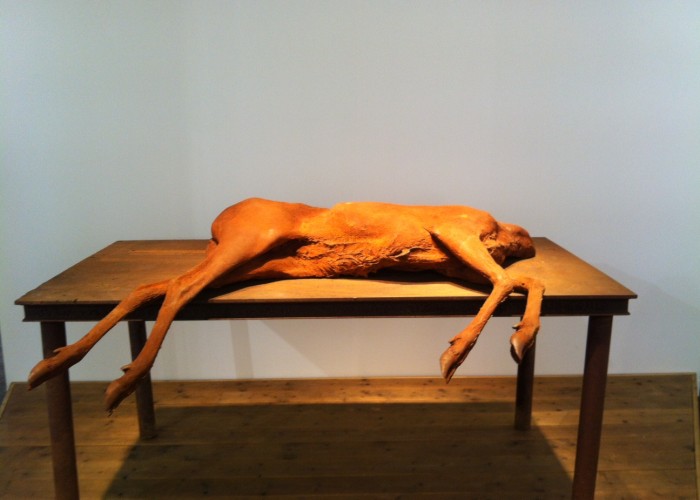
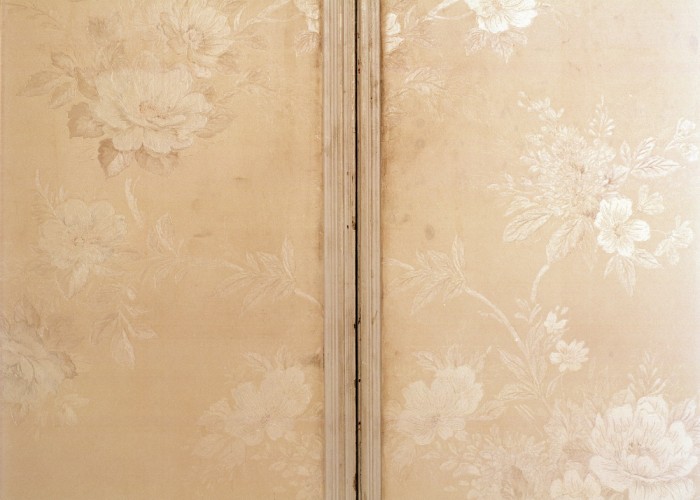
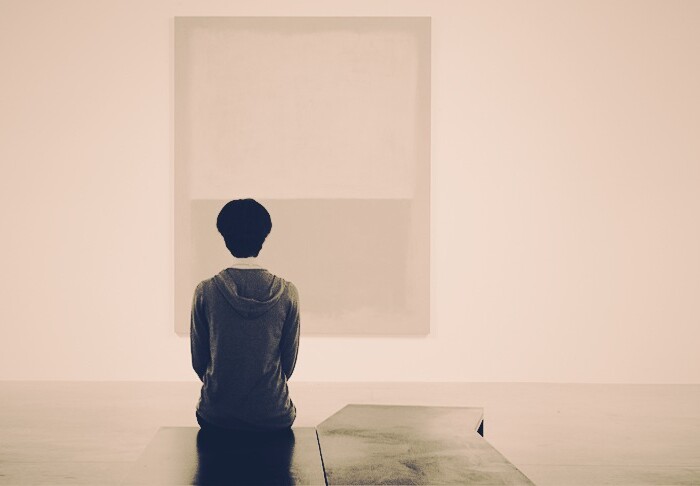



 sending...
sending...